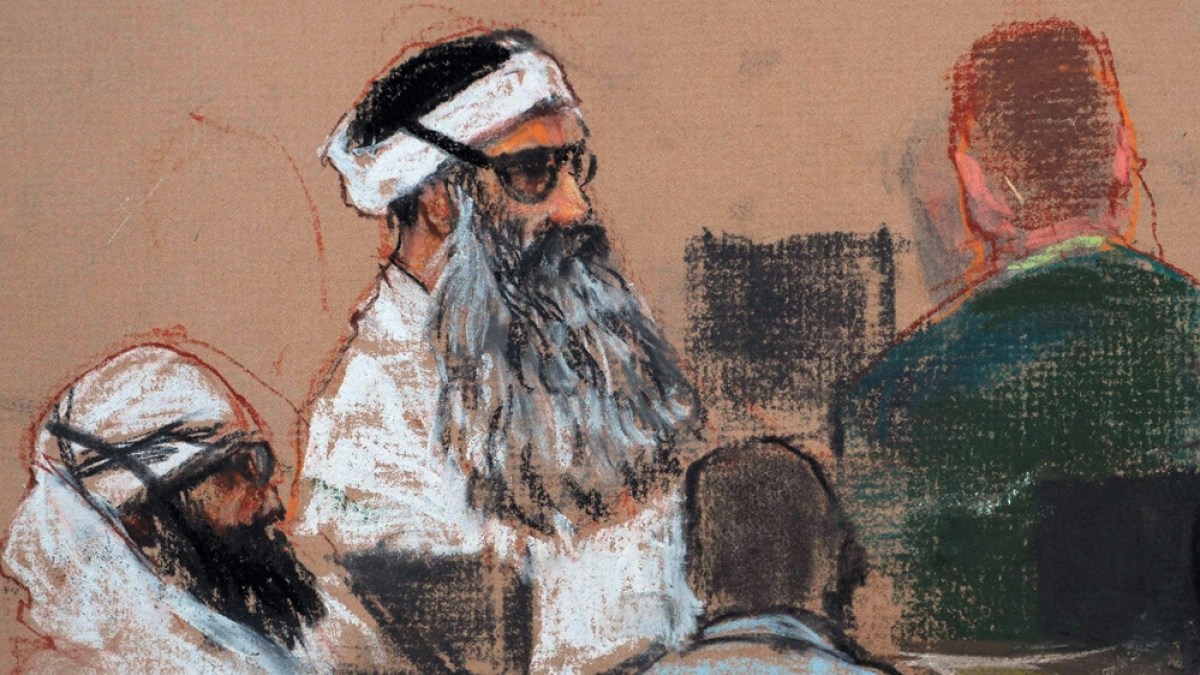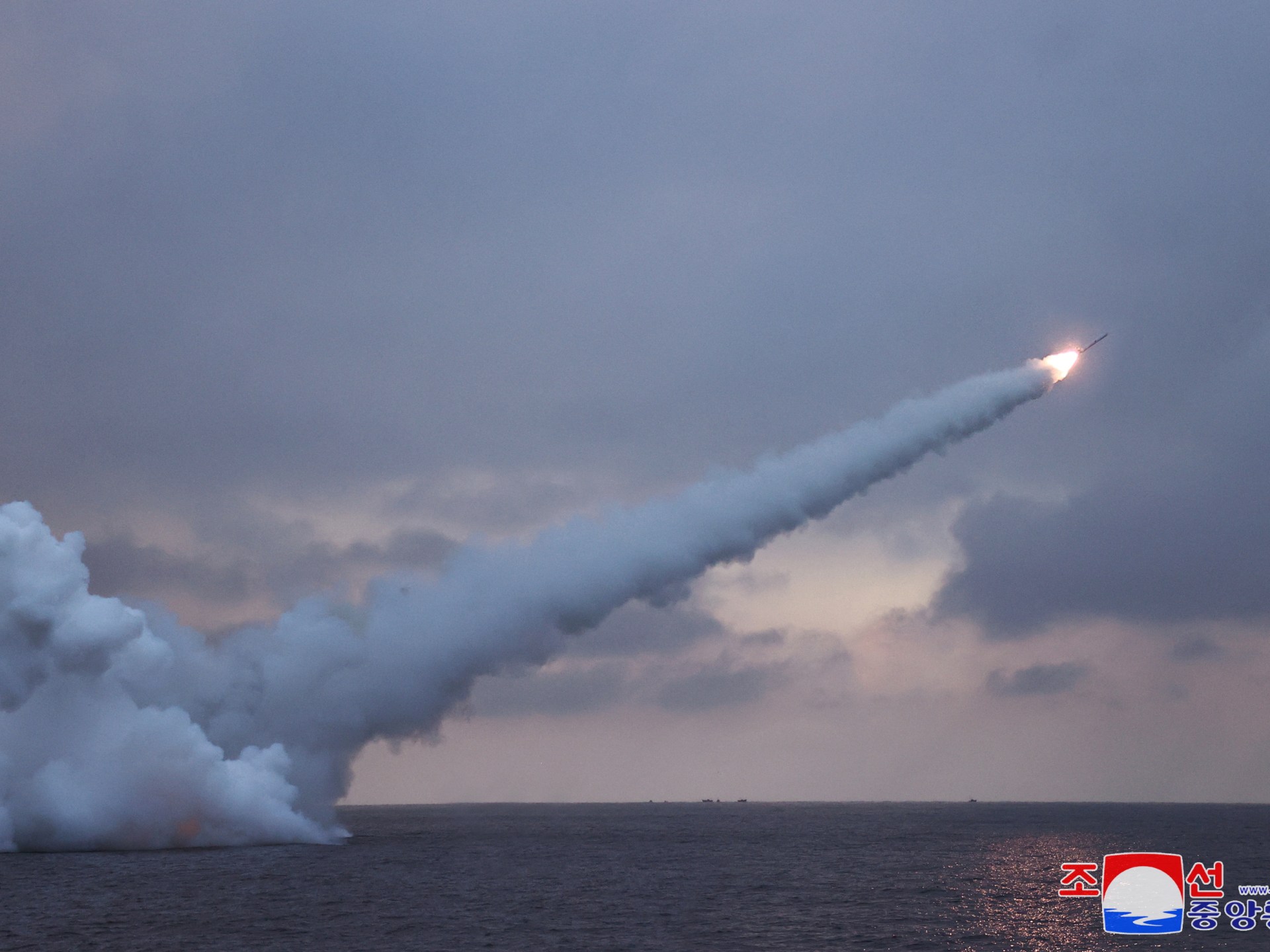Trump appeasing Putin with pressure on Ukraine
BBC News, in Delaware
Joe Biden has told the BBC that pressure from the Trump administration on Ukraine to give up territory to Russia is “modern-day appeasement” in an exclusive interview, his first since leaving the White House.
Speaking in Delaware on Monday, he said Russian President Vladimir Putin believed Ukraine was part of Russia and “anybody that thinks he’s going to stop” if some territory is conceded as part of a peace deal “is just foolish”.
Biden, who spoke as Allied nations mark the 80th anniversary of VE Day this week, said he was concerned about US-Europe relations breaking down under President Donald Trump, which he said “would change the modern history of the world”.
In a wide-ranging interview with BBC Radio 4’s Today programme, Biden was challenged on his own record on Ukraine as well as his decision to end his 2024 re-election bid late in the race after a stumbling debate performance stoked concerns over his fitness and plunged the Democratic Party into crisis.
Biden dropped out less than four months before the November election, and when pushed on whether he should have left sooner and allowed more time for a replacement to be chosen, he said: “I don’t think it would have mattered. We left at a time when we had a good candidate.”
“Things moved so quickly that it made it difficult to walk away. And it was a hard decision,” he said. “I think it was the right decision. I think that… it was just a difficult decision.”
Asked about the current administration’s treatment of US allies, the former president condemned Trump’s calls for the US to take back the Panama Canal, to acquire Greenland and to make Canada the 51st state.
“What the hell’s going on here? What president ever talks like that? That’s not who we are,” he said. “We’re about freedom, democracy, opportunity, not about confiscation.”
On Ukraine, Biden was challenged on whether he gave enough support to Kyiv to ensure they could win the war as opposed to just resist Russia’s full-scale invasion. During three years of fighting, his White House shifted its position on the use of US-supplied weapons and lifted some restrictions over time.
“We gave them everything they needed to provide for their independence, and we were prepared to respond, more aggressively, if Putin moved again,” he said.
Biden was also asked about comments from the Trump administration suggesting Kyiv must give up some territory in order to secure a peace deal that would put an end to fighting.
US Vice-President JD Vance recently laid out the US vision for a peace plan in Ukraine, saying it would “freeze the territorial lines… close to where they are today”.
He said Ukraine and Russia “are both going to have to give up some of the territory they currently own”. Defence Secretary Pete Hegseth has echoed that message, saying a return to Ukraine’s pre-2014 borders is “unrealistic”.
“It is modern-day appeasement,” Biden said on Monday, a reference to the policy of former British Prime Minister Neville Chamberlain, who sought in the late 1930s to appease Adolf Hitler’s demands in a failed attempt to avoid a catastrophic all-out war in Europe.
He also expressed concern that “Europe is going to lose confidence in the certainty of America and the leadership of America”.
The continent’s leaders, he added, were “wondering, well, what do I do now?… Can I rely on the United States? Are they going to be there?”
Trump has said he expects Russia to keep the Crimean peninsula, which was illegally annexed by Moscow in 2014, and last month he accused Ukraine’s leader Volodymyr Zelensky of harming peace negotiations when Zelensky rejected the suggestion.
Reports suggest recent US proposals for a truce settlement not only include formal US recognition of Crimea as part of Russia, but also de facto US recognition of Russian control of other occupied areas in Ukraine. The White House has not publicly confirmed the details.
“I have no favourites. I don’t want to have any favourites. I want to have a deal done,” Trump said last month when asked about recognition of Russian sovereignty over Crimea.
“Yes, of course, [the Ukrainians] are angry that they were invaded,” VP Vance told Fox News last week. “But are we going to continue to lose thousands and thousands of soldiers over a few miles of territory this or that way?”
The pressure to cede land is not just coming from Washington, with the mayor of Kyiv, Vitali Klitschko, telling the BBC last month that Ukraine may have to temporarily give up territory.
Discussing Putin, Biden said: “I just don’t understand how people think that if we allow a dictator, a thug, to decide he’s going to take significant portions of land that aren’t his, that that’s going to satisfy him. I don’t quite understand.”
He also said he feared some countries in the Nato alliance that border Russia may “just say we’ve got to make an accommodation” to Putin if Ukraine ultimately gives up land.
Trump has long resisted continuing the level of US military support that Biden gave to Ukraine, arguing that his ultimate aim is to end the bloodshed. He has previously said Zelensky played Biden “like a fiddle”.
Tensions between the White House and the Ukrainian leader exploded into public view in February, when Trump and Vance berated Zelensky and demanded he show more gratitude for years of US support during an extraordinary televised meeting in the Oval Office.
“I found it sort of beneath America in the way that took place,” Biden said of the meeting.
Trump and his top officials have repeatedly criticised European countries for not spending enough on their own defence and relying too heavily on US support.
The US is by some margin the largest single donor to Ukraine, but European countries combined have spent more money, according to the Kiel Institute, a German-based think tank tracking support for Kyiv.
“I don’t understand how they fail to understand that there’s strength in alliances,” Biden said of the Trump administration on Monday. “There’s benefits… It saves us money overall.”
When asked about President Trump’s first 100 days in office, which has seen a whirlwind of executive actions as well as sweeping cuts to the size and spending of the federal government, Biden touted his own record and sought to draw a stark contrast between when he left office and now.
“Our economy was growing. We were moving in a direction where the stock market was way up. We were in a situation where we were expanding our influence around the world in a positive way, increasing trade” he said of state of the country when he left the White House in January.
Trump, meanwhile, says he is driving a needed overhaul of the world’s relationship with the US, rebalancing trade, controlling illegal immigration and making government more efficient. He celebrated the 100-day milestone with a triumphant speech last week. What does Biden make of the start to Trump 2.0?
“I’ll let history judge that,” he said. “I don’t see anything that was triumphant.”
Additional reporting Kirsty MacKenzie and Gareth Evans

Follow the twists and turns of Trump’s second term with North America correspondent Anthony Zurcher’s weekly US Politics Unspun newsletter. Readers in the UK can sign up here. Those outside the UK can sign up here.
Check out our Latest News and Follow us at Facebook
Original Source







